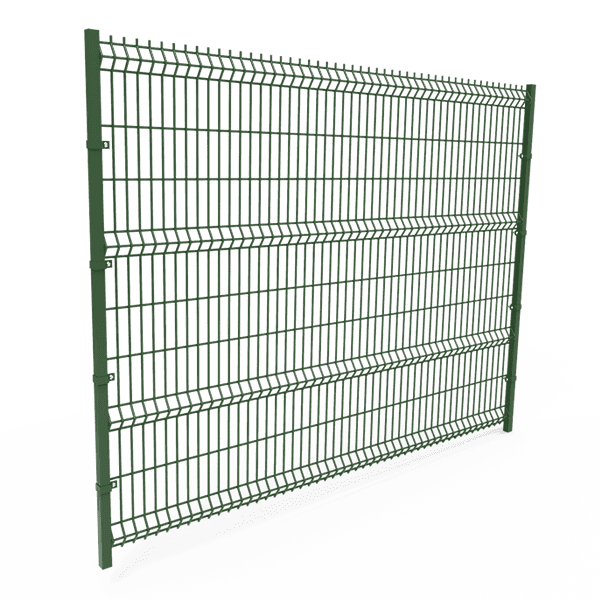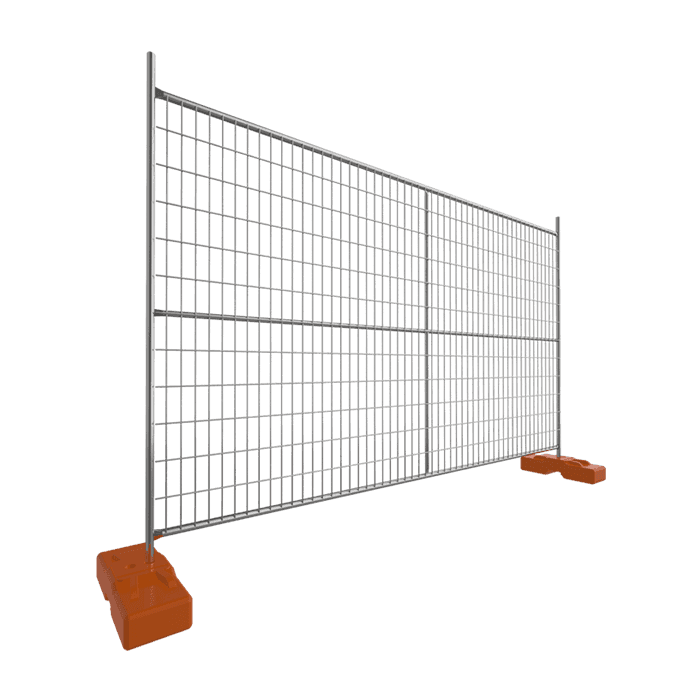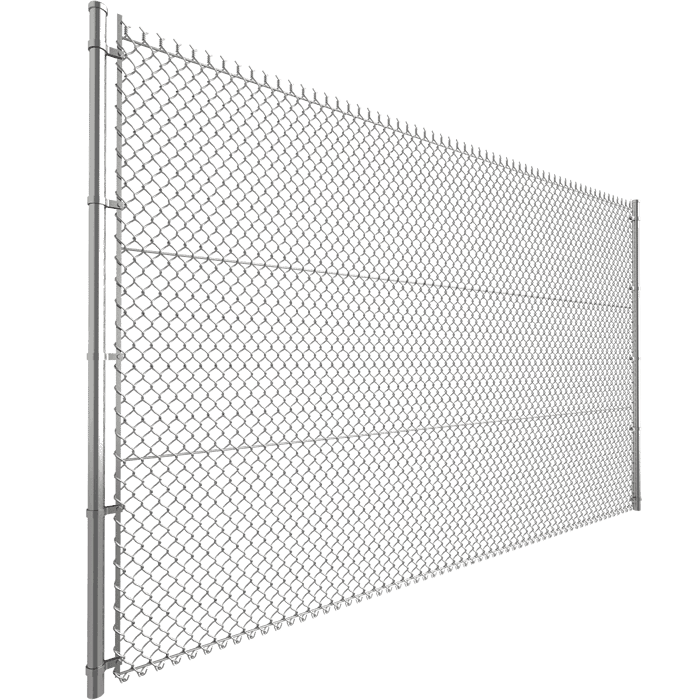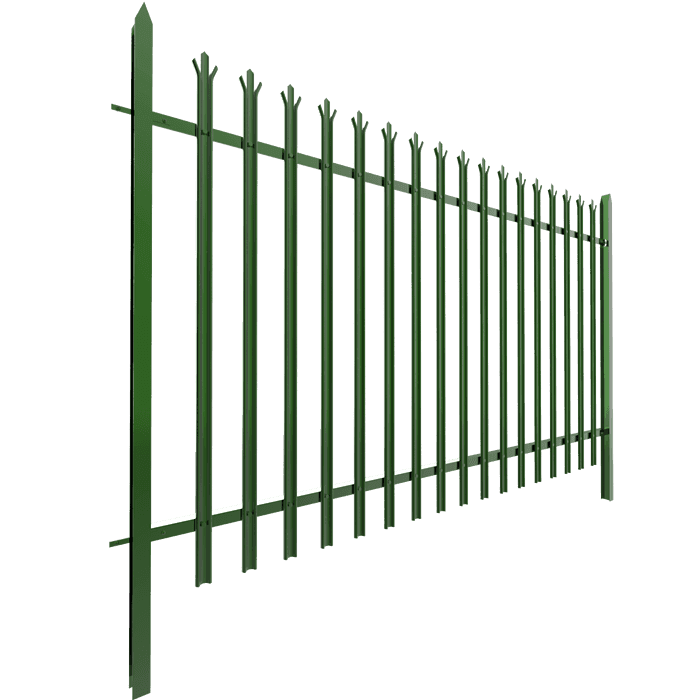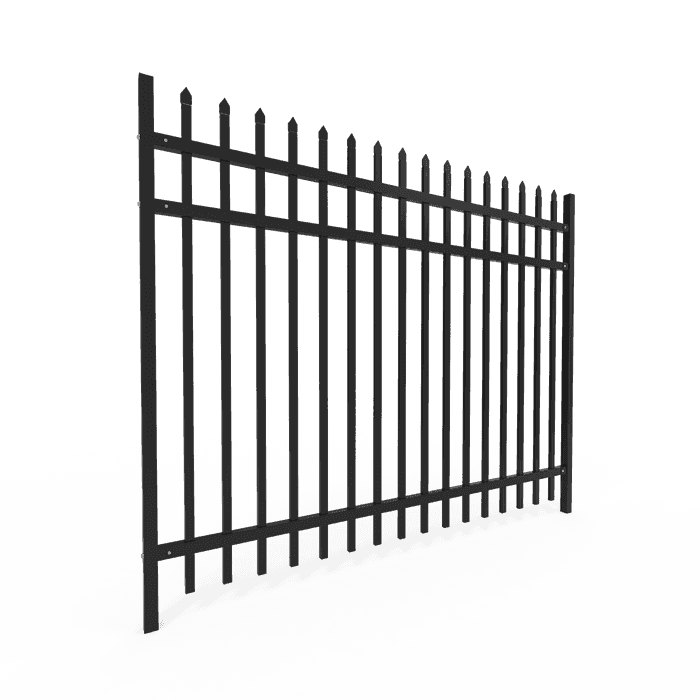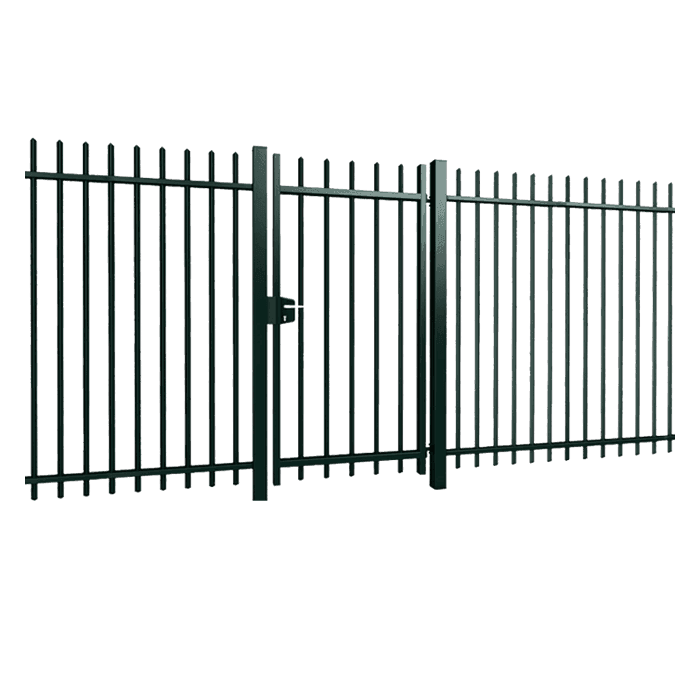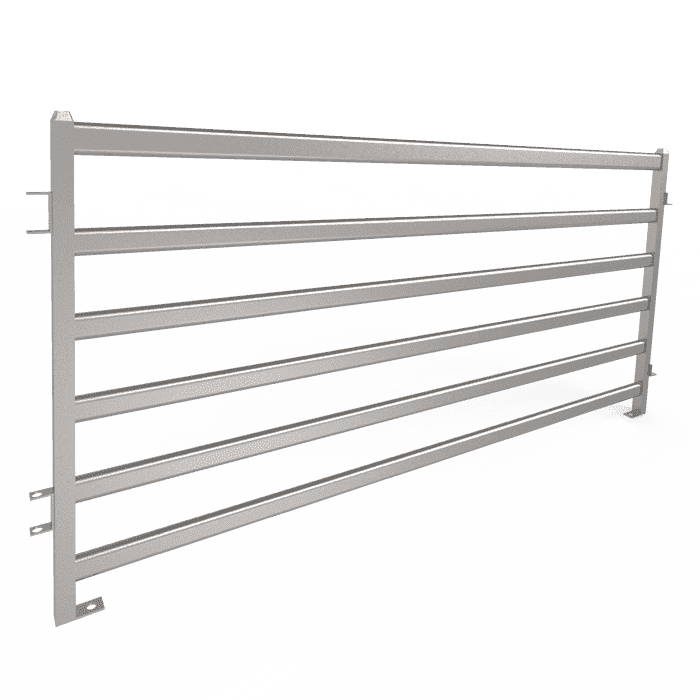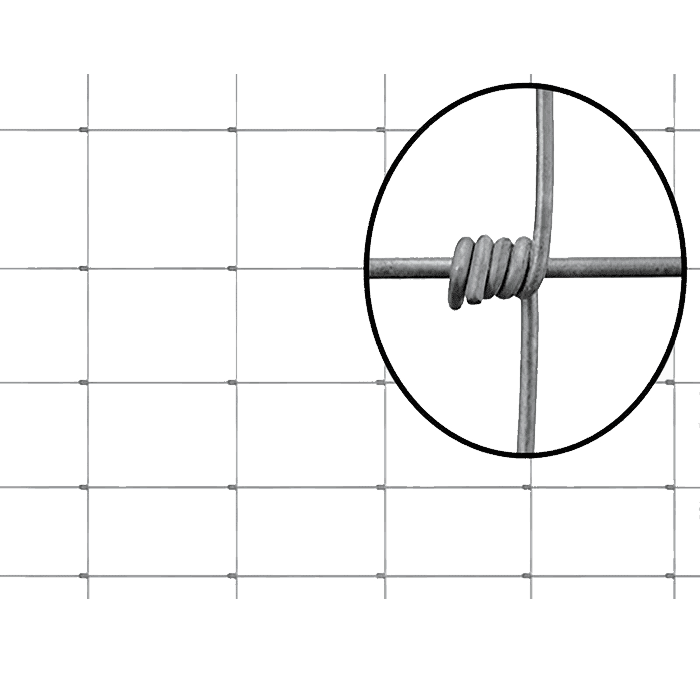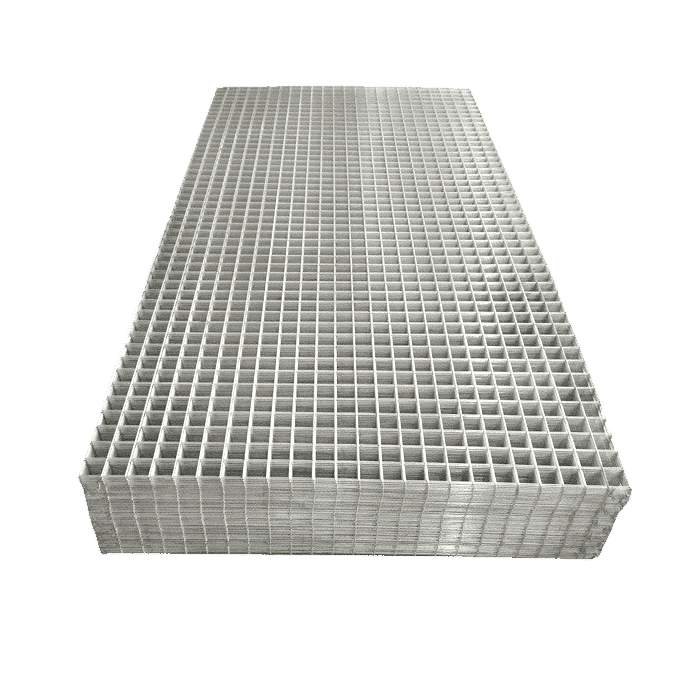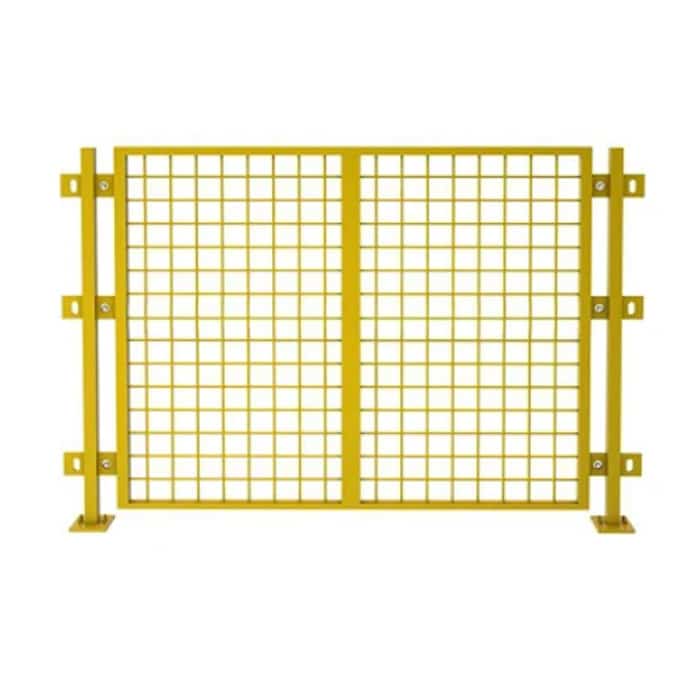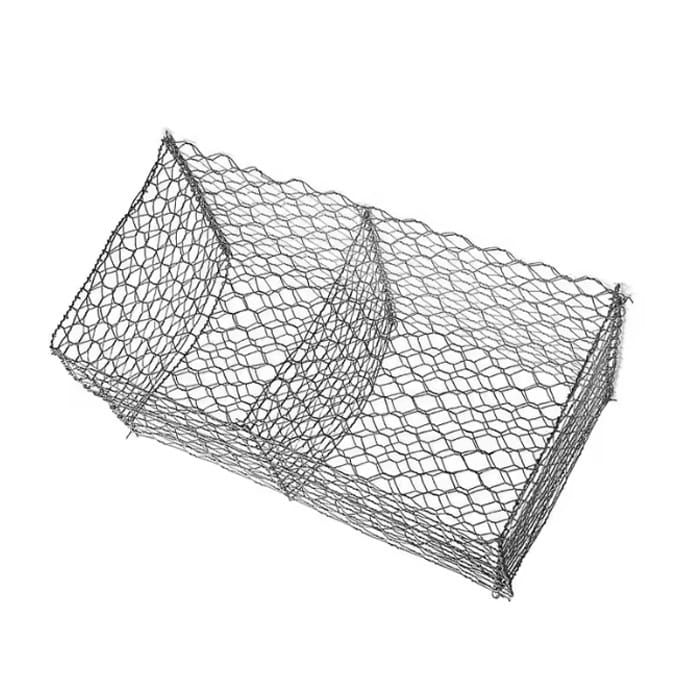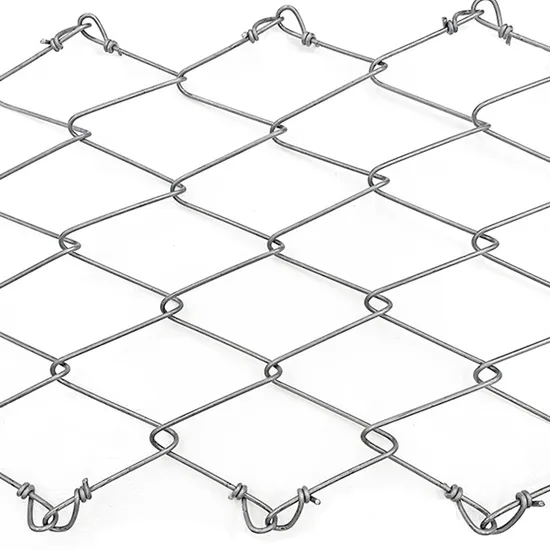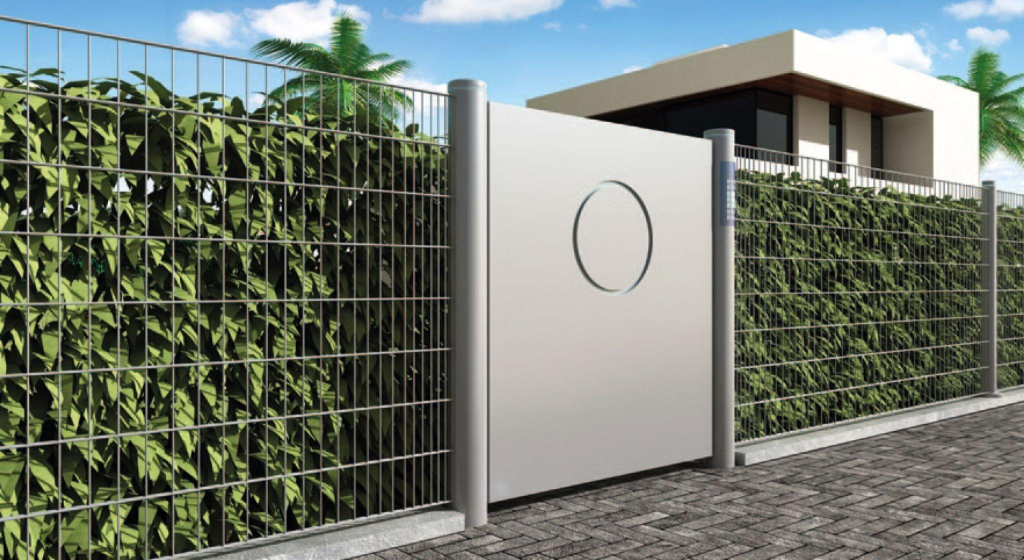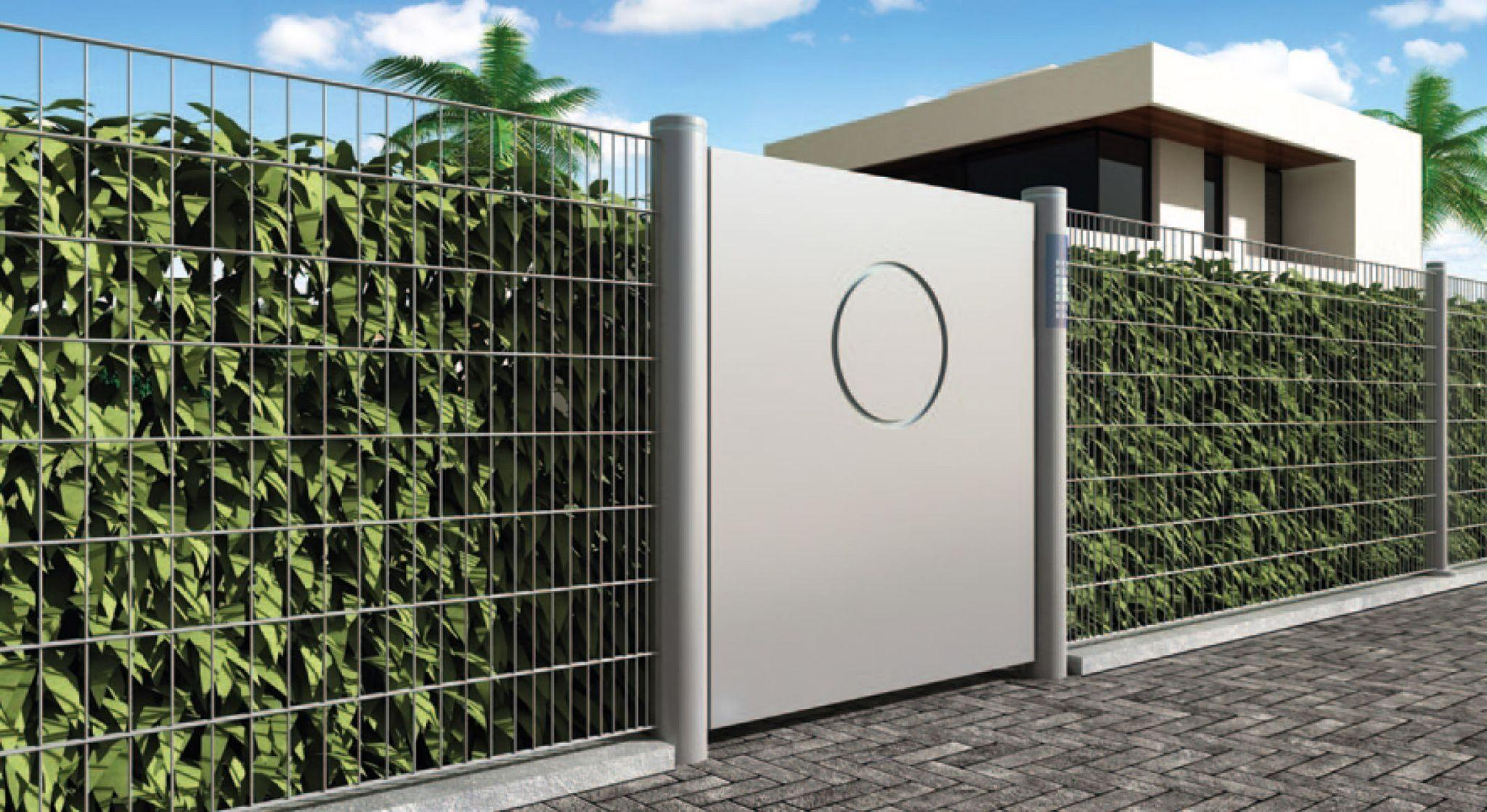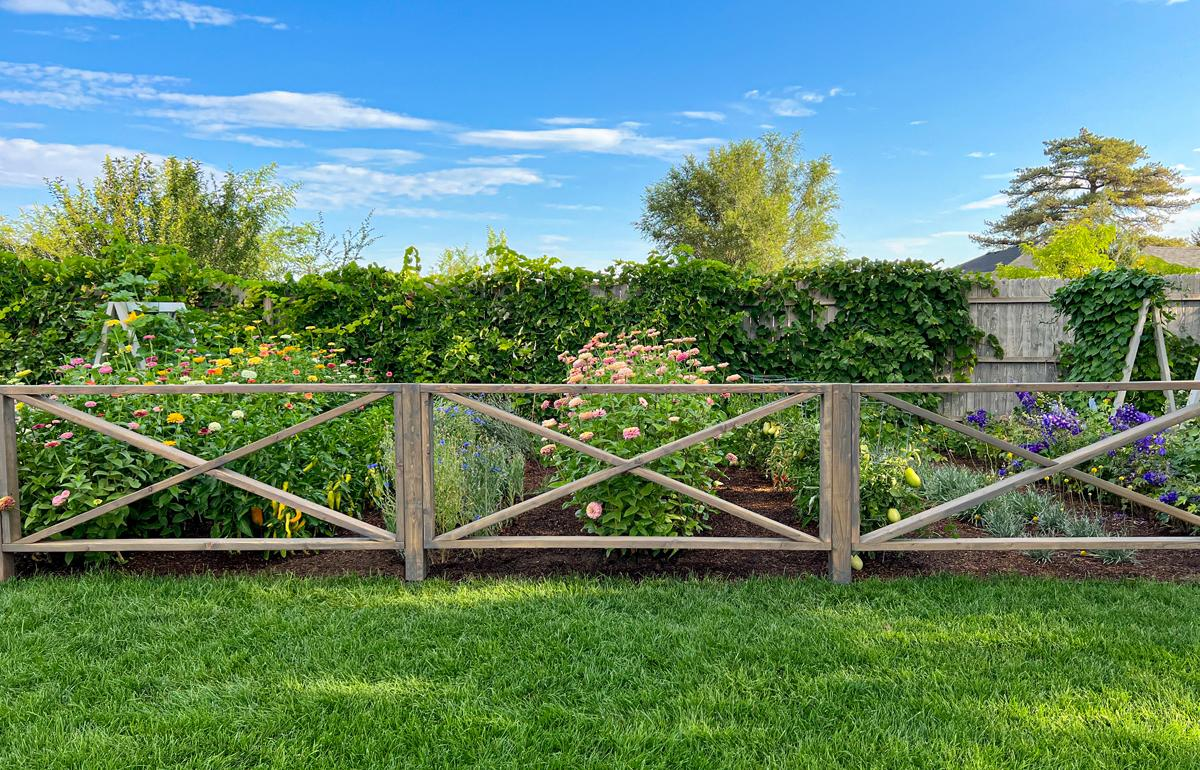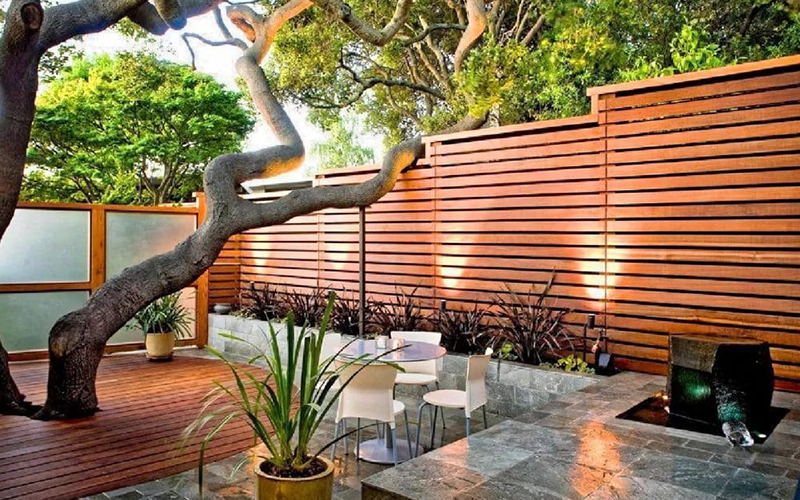Table of Contents
Every home, business, or outdoor property benefits from a strong, secure, and well-designed boundary and at the heart of that boundary stands the fence gate. A gate is more than a functional entry point; it defines how you interact with your space. It combines structure, style, and security, turning a simple fence into a complete system of protection and beauty.
If you’ve ever searched for “custom fence gates,” your goal is likely to find something that fits perfectly not just in size, but also in design and purpose. This guide is written for property owners, landscapers, and builders who want to understand the essentials of choosing or customizing a fence gate that lasts for years and enhances the overall appeal of their property.
1. What is a Fence Gate?
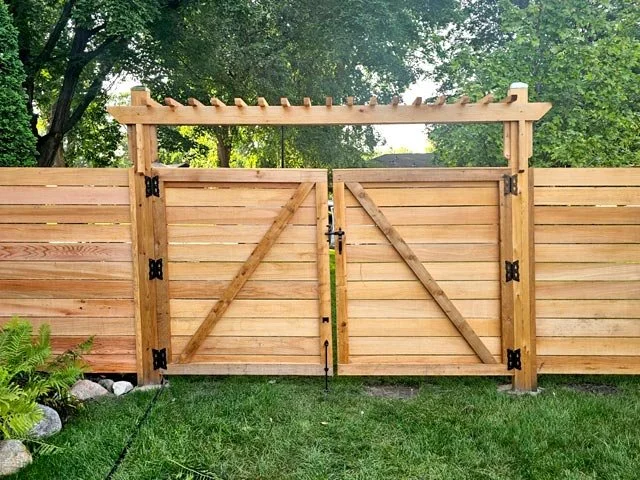
A fence gate is the movable section of a fencing system that provides entry and exit through a boundary. It is built to match or complement the surrounding fence while allowing controlled access. Whether you need a small pedestrian gate or a wide driveway entrance, the gate becomes a vital part of your enclosure’s structure.
In simple terms, the fence protects; the gate connects. It’s what allows flow and movement without compromising safety. Fence gates can be manual or automatic, decorative or minimalist, depending on their setting. A backyard gate may focus on privacy and design, while an industrial gate may prioritize durability and restricted access.
The importance of a fence gate extends beyond function. It’s often the first thing people notice when approaching a property. A well-crafted gate creates a welcoming impression while signaling boundaries. In many ways, it’s both a barrier and an invitation a balance between openness and protection.
2. What Are the Advantages of Fence Gates?

Fence gates bring together safety, style, and practicality in one structure. They don’t just complete a fence they elevate it.
Security and Protection
The most obvious advantage of a fence gate is security. It helps safeguard property by allowing you to control who enters or leaves. A solid metal or reinforced wood gate can deter intruders and reduce risks of theft or vandalism. In rural or agricultural areas, gates also keep livestock and pets contained while keeping unwanted animals out.
Privacy and Peace of Mind
For many homeowners, privacy is priceless. Fence gates made with solid panels or tall designs prevent visibility from the outside, creating a secluded space for family or business use. They help block noise, limit curiosity, and give peace of mind — especially for homes located near busy roads or in densely populated neighborhoods.
Aesthetic Enhancement
Beyond practicality, custom fence gates add character. A carefully designed gate complements the architectural style of a home or building. Ornate wrought iron patterns, sleek aluminum frames, or rustic timber textures can turn a plain boundary into a statement piece. When matched with landscaping and color schemes, the result is a cohesive, visually appealing exterior.
Convenience and Accessibility
Modern fence gates are designed for convenience. With automated systems, remote-controlled access, or smart locks, you can enter your property effortlessly. Even simple manual gates can include soft-closing hinges and smooth latches that make daily use comfortable.
Increased Property Value
A sturdy, attractive gate is an investment that often increases property value. Buyers are drawn to well-secured and well-maintained properties. A custom fence gate that blends beauty with durability sends the message that the property is cared for and that adds long-term worth.
3. What Materials Are Widely Used for Fence Gates?
Choosing the right material is one of the most important steps in designing a custom fence gate. Each material has unique strengths, looks, and maintenance needs.
Steel Gates
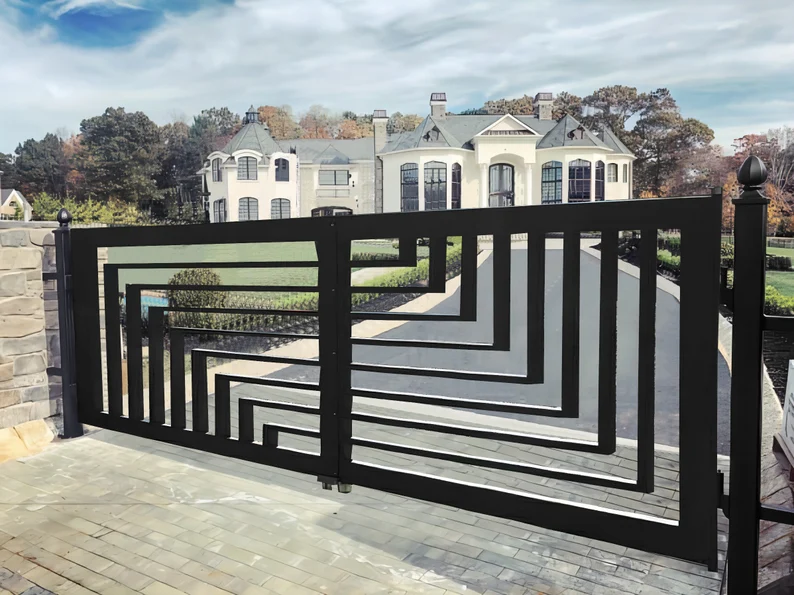
Steel is a favorite for strength and longevity. It provides excellent security and can withstand heavy use. Powder-coated steel gates resist rust and fading, making them ideal for both residential and industrial applications. They tend to be heavier and require strong hinges or posts for support, but the durability is unmatched.
Aluminum Gates
Aluminum combines lightweight convenience with corrosion resistance. It’s perfect for coastal or humid environments where rust can be an issue. Aluminum gates can mimic the look of iron or steel while being easier to install and maintain. They’re also a popular choice for modern and minimalist designs.
Wrought Iron Gates
Wrought iron is known for its decorative charm and classic appeal. It’s strong, customizable, and visually striking. Homeowners often choose wrought iron for ornamental entrances or driveways where appearance matters most. It does, however, need periodic maintenance to prevent corrosion, especially in rainy or coastal areas.
Wooden Gates
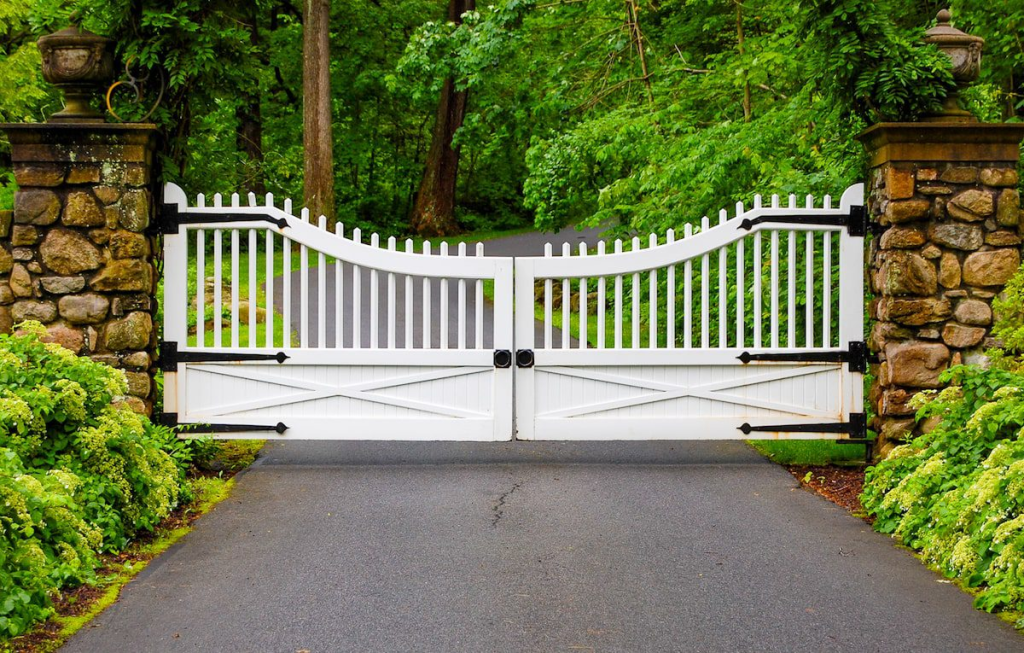
Wood gates bring warmth and a natural touch. They blend beautifully with gardens, cottages, or traditional homes. Cedar, redwood, and treated pine are common choices because of their weather resistance. While wood requires more upkeep such as sealing or painting the rich aesthetic often makes it worth the effort.
Vinyl and PVC Gates
Vinyl or PVC gates are a practical, low-maintenance alternative to wood. They won’t rot, peel, or warp, and they’re easy to clean. Vinyl gates come in various colors and textures, including those that mimic wood grain. They’re ideal for homeowners who want a clean, durable, and affordable option.
Composite Gates
Composite gates combine wood fibers and plastic for the best of both worlds. They have the natural appearance of wood with greater resistance to moisture and insects. Composite materials are also eco-friendly, often made from recycled content.
4. How Do I Determine the Right Size Fence Gate?
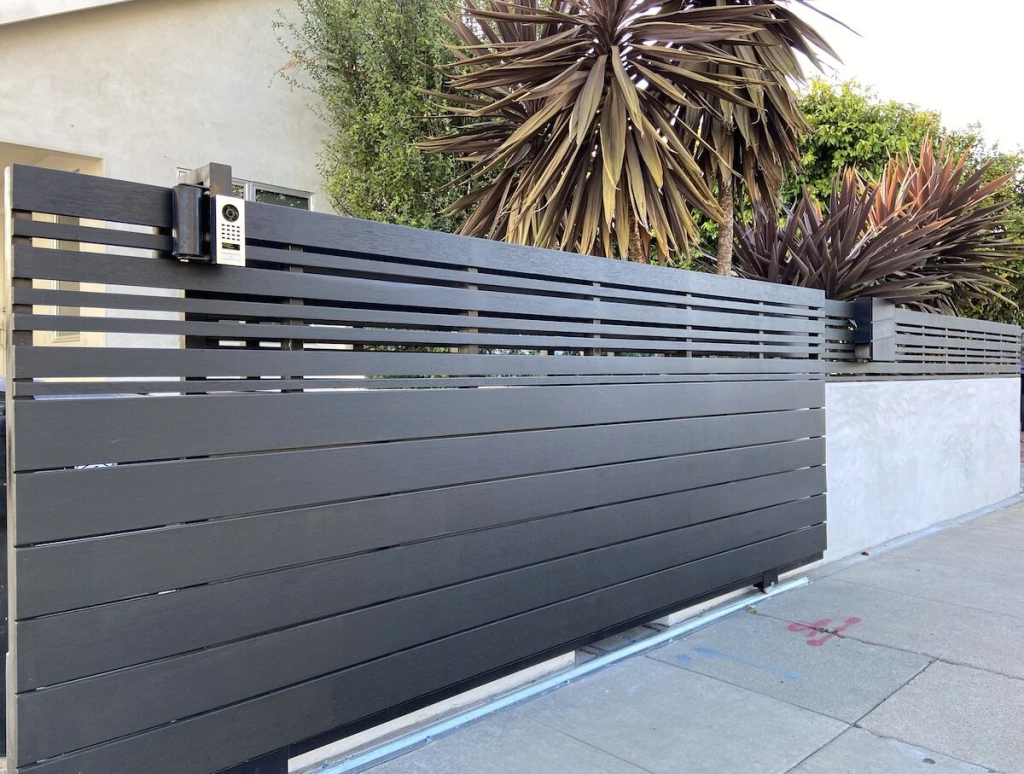
Finding the right size is essential for both function and appearance. A gate that’s too small may limit movement, while one that’s too large may look out of place or be hard to operate.
Measure the Opening Carefully
Start by measuring the width of the space between fence posts. This determines the exact opening your gate must fit into. Allow extra space for hinges, latches, and swing or slide clearance. A common pedestrian gate is about three to four feet wide, while a driveway gate can range from ten to sixteen feet.
Consider the Gate Type
Swing gates need room to open inward or outward, while sliding gates require lateral space to move along a track. The available area and slope of the ground play a big role in this decision.
Match the Height and Proportion
The gate should visually match your fence’s height and style. For example, a six-foot privacy fence usually pairs with a gate of similar height for consistency. A driveway gate might be taller to make a grand entrance, but balance and proportion are key.
Account for Future Use
Think about what will pass through the gate. Pedestrians, bicycles, vehicles, or even small tractors? Planning for future needs prevents expensive modifications later.
5. What Options Can Be Customized for Fence Gates?
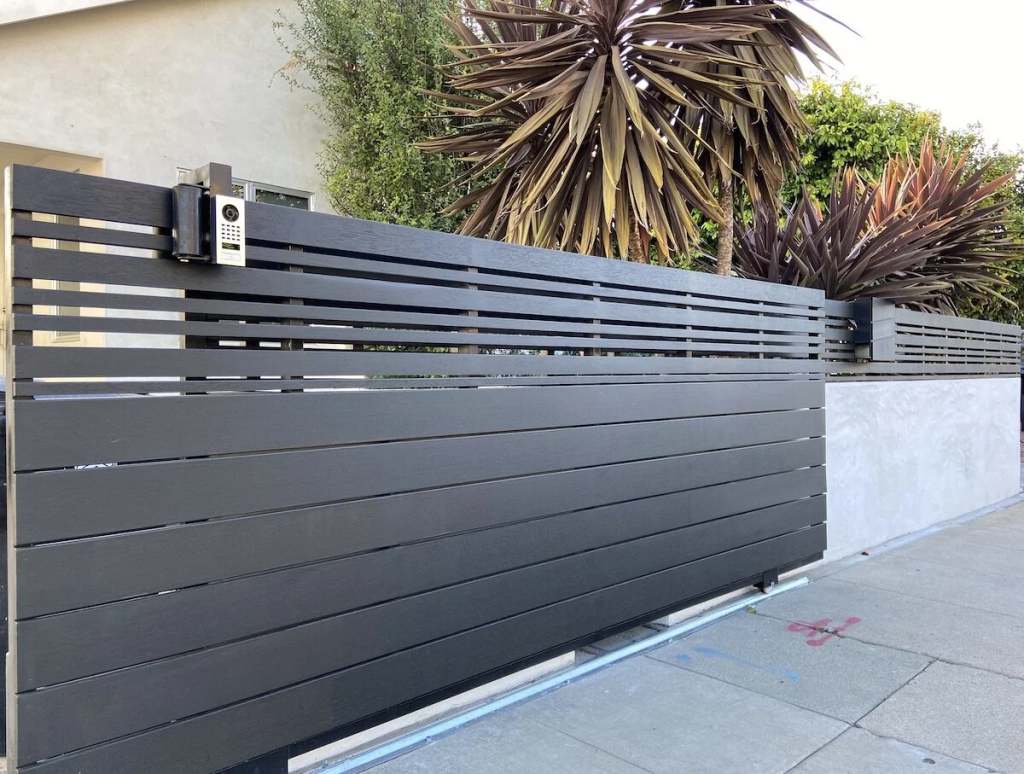
Customization is what turns an ordinary gate into your own. It allows you to tailor everything from design to operation so your fence gate perfectly fits your property and lifestyle.
Size and Dimensions
The first layer of customization is size. You can specify exact width, height, and frame thickness to suit your opening. Custom dimensions are particularly useful for irregular properties or sloped terrain.
Design and Style
You can choose from traditional, modern, rustic, or artistic designs. Decorative scrolls, geometric patterns, or laser-cut panels give a unique personality to your gate. Even minimalist designs can make a bold impact when paired with clean lines and contrasting finishes.
Color and Finish
Powder-coated metals, painted woods, and textured vinyl all come in a wide color range. Dark tones give a timeless look, while lighter or metallic finishes suit modern homes. Custom finishes, such as matte, gloss, or rustic patina, can help match your home’s exterior perfectly.
Hardware and Accessories
Hinges, latches, handles, and locks might seem minor, but they define how your gate feels and functions. You can choose ornate handles for a classic look or sleek hardware for contemporary appeal. High-quality hardware also extends the gate’s lifespan.
Automation and Smart Features
Technology has transformed fence gates. Motorized systems can open your gate with a remote, keypad, or smartphone app. You can integrate cameras, intercoms, or motion sensors for added convenience and safety. Automation is especially beneficial for driveways and commercial entrances.
Material Combinations
Custom gates often combine materials for both strength and style. For example, a steel frame with wooden panels provides durability and warmth. Mixing metal and composite can achieve a balanced, modern appearance.
Branding or Decorative Additions
For businesses, custom gates can include logos or lettering. Homeowners might opt for house numbers, emblems, or artistic motifs. These small details make the gate distinctly yours.
6. Recommended Suppliers for Custom Fence Gates
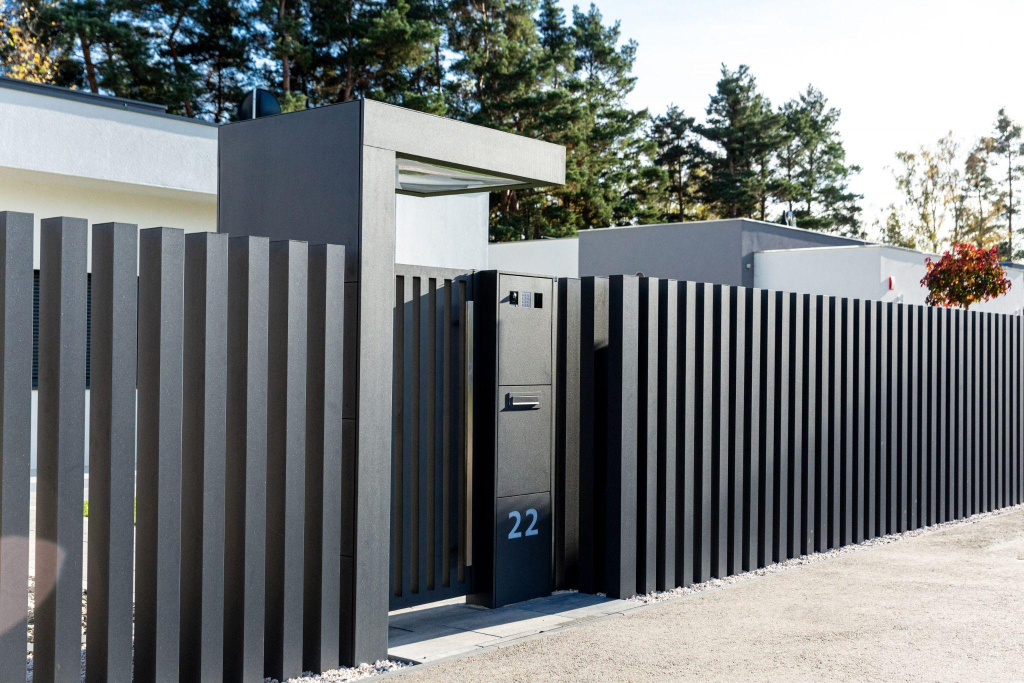
Finding the right supplier ensures your design ideas turn into reality. The best providers combine skilled craftsmanship, high-quality materials, and flexible customization services.
Specialized Fabrication Companies
Local metal or carpentry workshops often offer custom fabrication. They can design to your exact measurements and style preferences. Choosing a local maker allows direct communication and on-site adjustments during installation.
Professional Fence and Gate Manufacturers
Large-scale manufacturers produce custom gates for residential, commercial, and industrial projects. They often provide advanced finishes, powder coating, and automated options. Working with a manufacturer ensures consistent quality and access to spare parts or matching fence sections later.
Landscape and Construction Contractors
Many professional builders partner with trusted suppliers. If you’re hiring a contractor for fencing or landscaping, ask if they have preferred gate manufacturers. This approach simplifies coordination between design, installation, and maintenance.
Online Custom Gate Providers
Online platforms allow you to design your gate virtually choosing materials, colors, and measurements before ordering. They’re ideal for straightforward designs or replacements. However, ensure you double-check measurements and shipping details before purchasing.
Choosing the Right Partner
When selecting a supplier, look for experience, customization flexibility, material options, and warranty coverage. Request design sketches or samples if available, and confirm the production timeline. A reliable supplier should communicate clearly, provide technical drawings, and ensure your gate is built to last.
Conclusion
A custom fence gate is more than just an opening it’s a balance between protection, beauty, and convenience. Whether crafted from solid steel, elegant wood, or low-maintenance vinyl, the right gate can transform how a property looks and functions.
By understanding what a fence gate is, the advantages it offers, the materials available, and the design choices you can customize, you make a confident and informed decision. The process isn’t just about selecting a barrier; it’s about creating a lasting impression and a secure, welcoming space.
The perfect custom fence gate reflects both your practical needs and your personal taste standing strong as a symbol of safety, privacy, and pride in your property.

